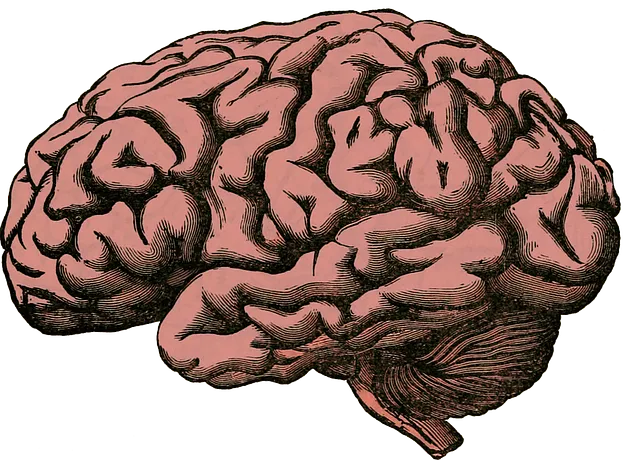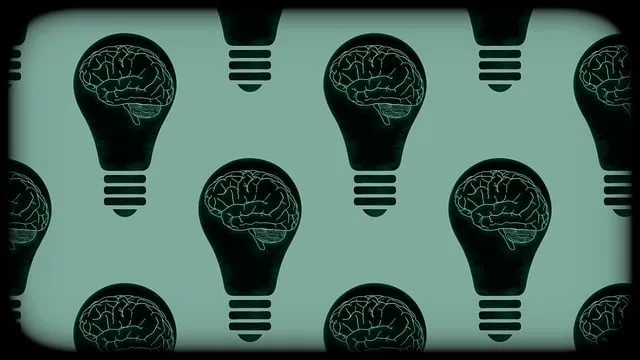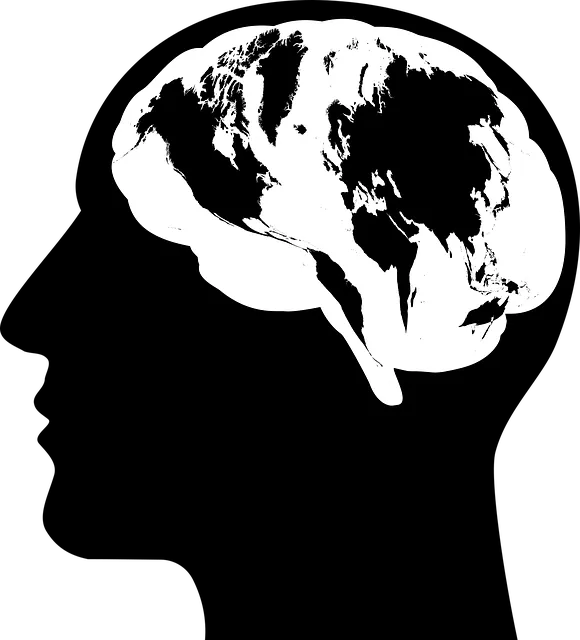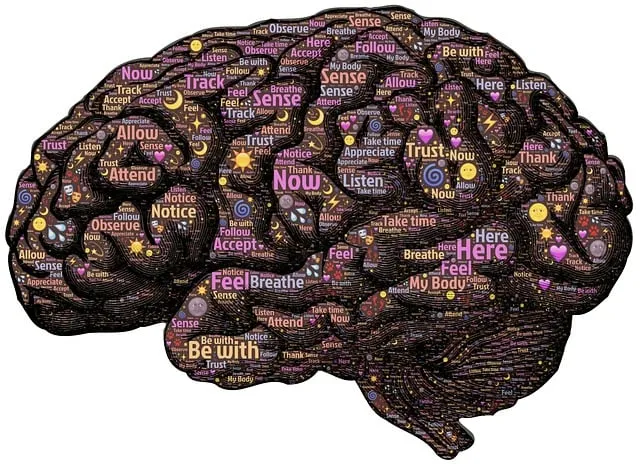The Kaiser Permanente Mental Health Access Center in Golden offers comprehensive mental wellness services through therapy, counseling, and community outreach. Evaluating its impact involves analyzing reach, service delivery, and program effectiveness using surveys and metrics like wait times and attendance. Therapeutic Outcomes Assessment tracks treatment success over time. The center provides accessible, patient-centered care tailored to diverse mental health needs in Golden and surrounding areas.
“Discovering optimal methods for evaluating mental wellness programs is crucial, especially within established healthcare networks like Kaiser Permanente. This article explores the comprehensive evaluation strategies employed by Kaiser Permanente’s Mental Health Access Center (MHAC), a pioneering model for accessible care. We delve into four key evaluation areas: understanding MHAC’s unique approach, assessing access and utilization through metrics and surveys, measuring treatment effectiveness with therapeutic outcome assessments, and incorporating stakeholder feedback for continuous improvement. The Golden standards revealed offer valuable insights for enhancing mental health services.”
- Understanding Kaiser Permanente's Mental Health Access Center Model
- Evaluating Access and Utilization: Metrics and Surveys
- Measuring Treatment Effectiveness: Therapeutic Outcomes Assessment
- Stakeholder Feedback and Satisfaction Analysis for Improvement
Understanding Kaiser Permanente's Mental Health Access Center Model

Kaiser Permanente’s Mental Health Access Center (MHAC) model is a comprehensive approach to addressing mental wellness, emphasizing access and care for all members. This innovative program aims to revolutionize mental health services by integrating various support systems in a centralized hub. The Golden-based MHAC serves as a one-stop shop, offering a range of services including therapy, counseling, and community outreach programs. By adopting this model, Kaiser Permanente addresses the complex needs of its diverse population, ensuring that mental wellness is prioritized alongside physical health.
The MHAC’s design incorporates conflict resolution techniques to manage internal and external challenges, fostering a harmonious environment. This strategy aligns with broader initiatives in Mental Health Policy Analysis and Advocacy, promoting equitable access to care. Additionally, burnout prevention measures are integral to the program, recognizing the impact of caregiver stress on overall service delivery. Through these efforts, Kaiser Permanente’s MHAC model strives to create a resilient and supportive network for mental wellness across its communities.
Evaluating Access and Utilization: Metrics and Surveys

Evaluating access to mental wellness programs is a critical aspect of understanding their overall effectiveness. Metrics such as the number of individuals served, demographics of participants, and wait times provide valuable insights into program reach. By analyzing these data points, organizations like Kaiser Permanente Mental Health Access Centers can identify gaps in service delivery and make informed decisions to improve accessibility. For instance, tracking attendance at various programs, such as Social Skills Training or Stress Management Workshops, allows for an assessment of which interventions resonate most with the community.
Surveys play a pivotal role in gauging utilization and satisfaction levels. Feedback from participants offers a glimpse into the program’s impact on their mental health journey. Questions focused on perceived benefits, ease of access, and Empathy Building Strategies employed can reveal areas for enhancement. This qualitative data is invaluable for refining programs and ensuring they meet the evolving needs of the population they serve.
Measuring Treatment Effectiveness: Therapeutic Outcomes Assessment

Measuring treatment effectiveness is a critical aspect of any mental wellness program evaluation. One robust method is Therapeutic Outcomes Assessment (TOA), which involves tracking and evaluating client progress over time. The TOA process leverages structured interviews, self-report measures, and behavioral observations to capture changes in symptoms, functioning, and overall well-being. This comprehensive approach allows mental health professionals at the Kaiser Permanente Mental Health Access Center Golden to assess the impact of interventions and tailor treatment plans accordingly.
By integrating these assessment methods, healthcare providers can gain valuable insights into what works best for different individuals, ensuring culturally competent care that addresses unique needs. This not only enhances client outcomes but also contributes to strategic planning, such as Risk Management Planning for Mental Health Professionals, and initiatives aimed at Mental Illness Stigma Reduction Efforts.
Stakeholder Feedback and Satisfaction Analysis for Improvement

The evaluation of mental wellness programs, such as Kaiser Permanente’s Mental Health Access Center model, is a multifaceted process. By combining metrics and surveys to assess access and utilization, along with therapeutic outcomes assessment for treatment effectiveness, we gain valuable insights into the program’s impact. Integrating stakeholder feedback and satisfaction analysis ensures continuous improvement, aligning with the Golden standard of mental health care. This comprehensive approach not only enhances patient well-being but also optimizes resources, setting a benchmark for effective mental wellness programs worldwide.






